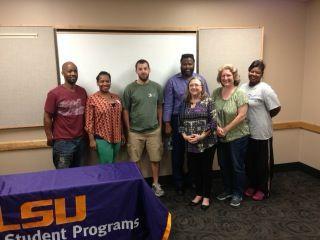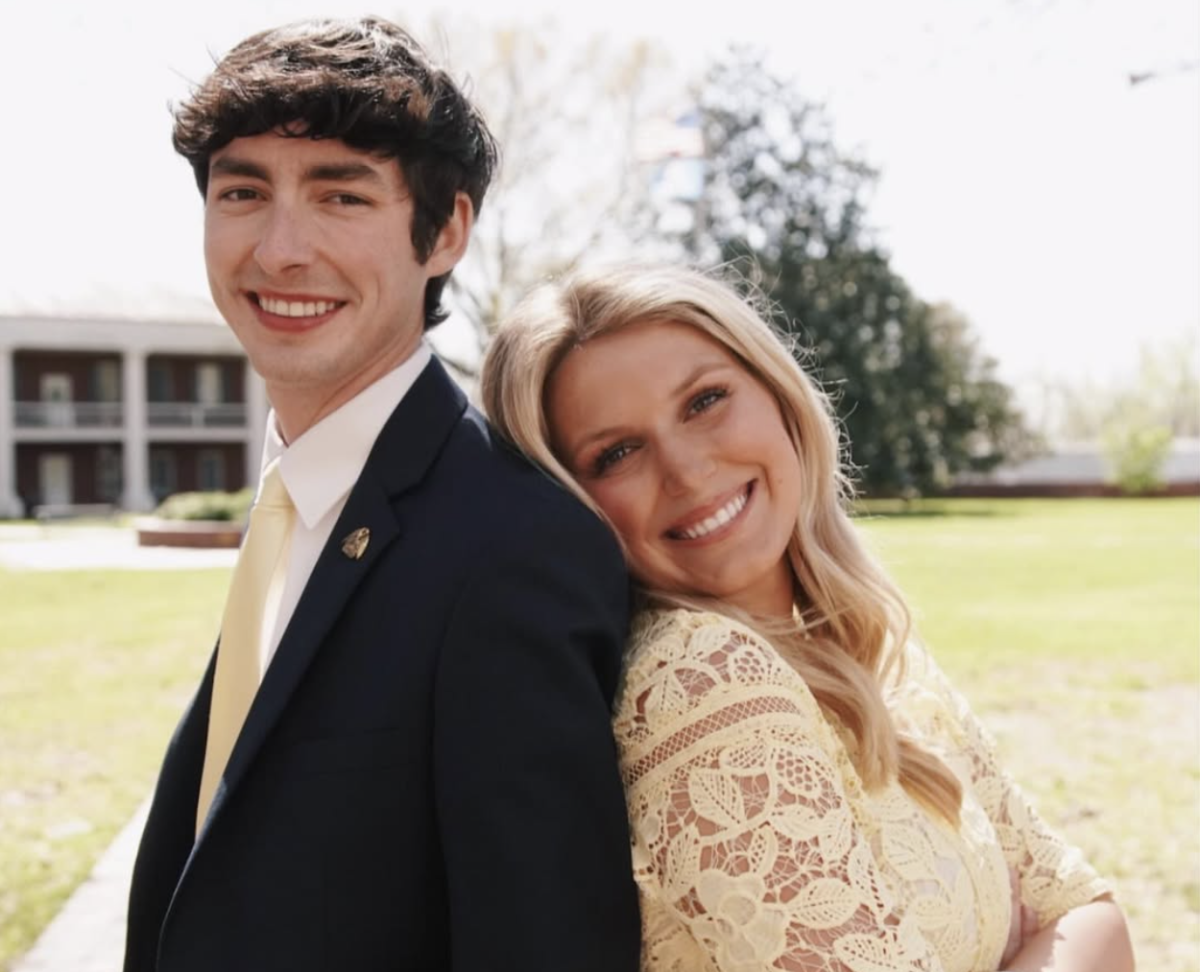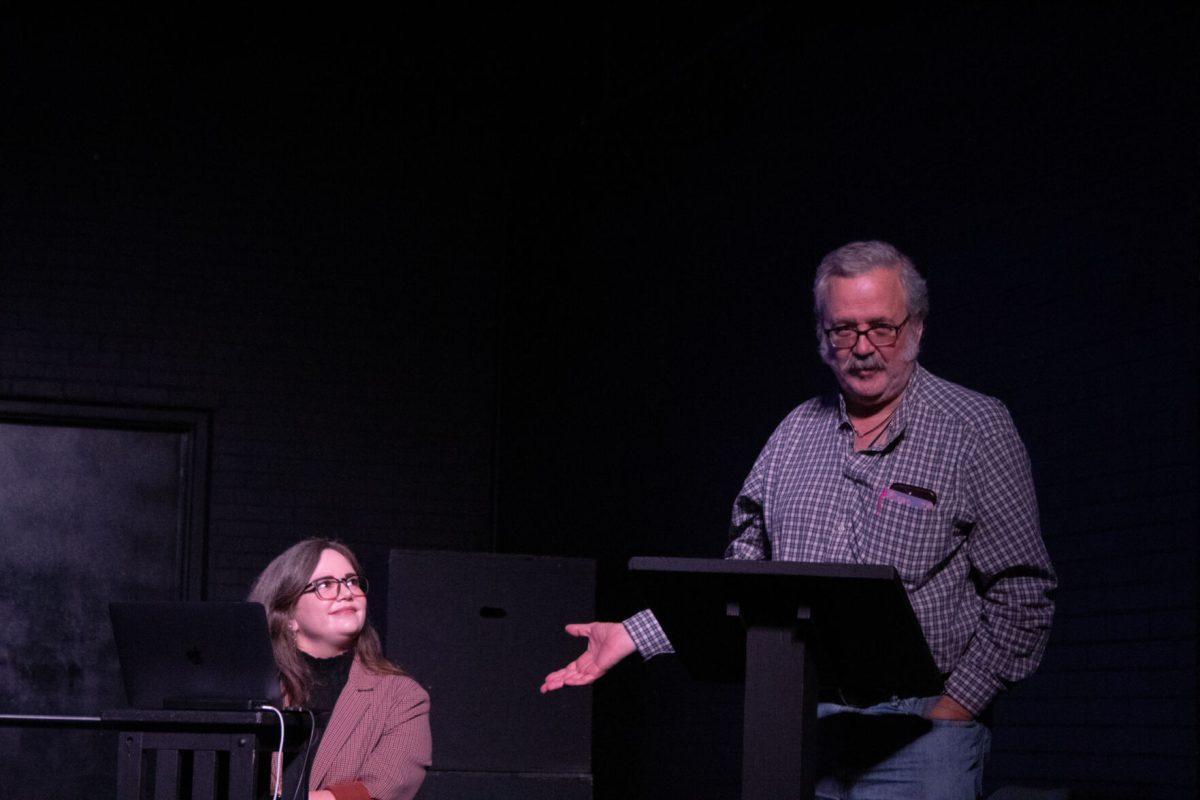Twenty-five years ago, Jan LaNasa left her year’s worth of studies at LSU and boarded a plane to Germany with her new husband, who was in the military. Now, the 46-year-old cardiovascular stress technician returns to her undergraduate education as one of the oldest freshmen in the Class of 2019.
She said she felt isolated and intimidated by the technological advancements made since the late-1980s when she was first here.
Surpassing her classmates — and most of her instructors — in age, LaNasa also felt out-of-place as a non-traditional student.
“Everyone calls you ma’am. … They kind of treat you like you’re their mom,” LaNasa said.
After enrolling for the fall 2015 academic year, she reached out to First Year Experience for guidance and jumped on board as one of the founding members of a new student organization.
FYE Assistant Director Ramon Lopez created the Non-Traditional Student Organization to help students like LaNasa feel more at home on campus. He arranged the organization’s first meeting Oct. 28.
Seven founding members met in the Student Union’s Feliciana Room and shared stories and ideas for how to make the non-traditional student experience more inclusive.
According to the National Center for Education Statistics, the definition of a “non-traditional student” includes one who “delays enrollment; attends part time for at least part of the academic year; works full time; is considered financially independent for purposes of determining eligibility for financial aid; has dependents other than a spouse; is a single parent; or does not have a high school diploma.”
Lopez said he organized the group as a way for non-traditional students to network and advocate for each other.
The first meeting was mainly icebreakers and brainstorming ideas, he said, as well as outlining the group’s primary goals: improving communications and connections among non-traditional students and advocating for those types of students by providing suggestions to the university.
“Just having them all in a room and talking was great,” Lopez said.
Ewart Forde, a 53-year-old Caribbean-born re-entry student, was one of those in the room. He briefly attended New Orleans Baptist Theological Seminary before losing both kidneys and ending his studies.
While on disability, Forde opened his own car dealership in Baton Rouge. However, he said he wanted to return to college to pursue a major in history with a minor in education so he could be a teacher.
He is transferring his credits from BRCC to LSU in hopes of attending the flagship university in the spring. Though he tried to join several different campus organizations, he said he did not find his place in any of them.
“They weren’t quite the right fit given that I was so much older, old enough to be everybody’s parent,” Forde said. “I thought my presence was a little restrictive.”
When he stumbled upon an FYE flier promoting the non-traditional student group, he immediately seized the opportunity. A Louisiana Rehabilitation Services student, Forde said he would like to ensure disabled non-traditional students get proper access to the resources they need.
Forde said services and facilities for disabled people are “quite expensive” at LSU, and he hopes to amend that.
LaNasa said she would like to see LSU’s orientation process open its doors to non-traditional students, allowing them to feel more welcome in the campus community.
Despite the everyday obstacles non-traditional students face, LaNasa said joining the organization helped her realize the struggle was worth it in the long-term.
“When you do get older, there are more things that come in there — you get married, you have children, you purchase a home — there’s different obligations,” LaNasa said. “Physically, it’s harder on you, but it doesn’t mean that you missed your chance.”
FYE launches first-ever non-traditional student organization on campus
November 9, 2015

Courtesy of Ramon Lopez
More to Discover










